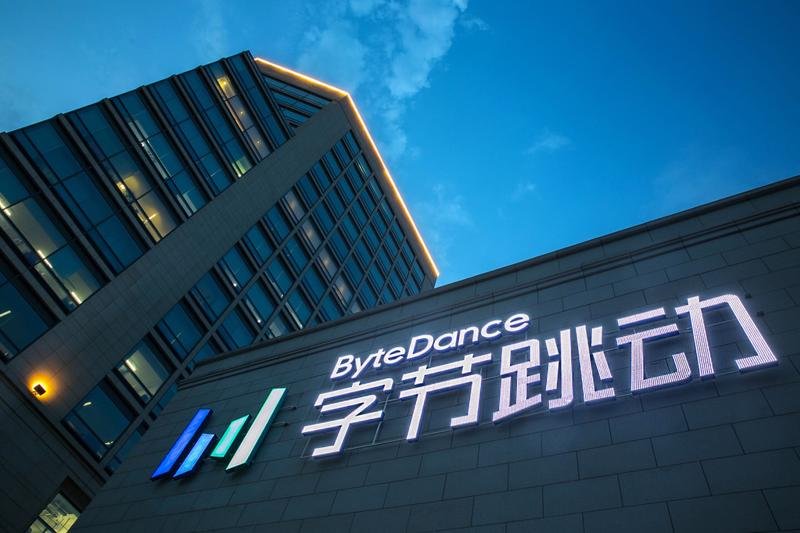ByteDance, the parent company of TikTok, recently experienced an internal security breach that has raised questions about tech company protocols for handling sensitive AI projects. The incident, which was reported on WeChat, involves an intern who allegedly disrupted AI model training, emphasizing vulnerabilities within ByteDance’s AI security measures.
Incident Overview and ByteDance’s Response
According to ByteDance, the intern—a doctoral student on the commercialisation technology team—was dismissed in August following the incident. ByteDance clarified that while the breach disrupted some AI efforts, it did not impact any live commercial projects. The company also addressed rumors suggesting that over 8,000 GPU cards were affected, refuting these claims as exaggerated.
Jiemian, a local media outlet, reported that the intern exploited a vulnerability in the Hugging Face AI development platform, allegedly out of frustration over resource allocation. This interference caused setbacks in ByteDance’s AI model training but left the company’s commercial Doubao model unaffected.
Implications for Security and AI Commercialisation
The incident has significant implications for AI commercialisation, highlighting potential risks associated with managing AI projects. When an AI model’s training process is disrupted, it can delay product launches, impact client trust, and lead to financial losses. For companies like ByteDance, whose operations rely heavily on AI, such interruptions can pose severe business risks.
Moreover, the incident underscores the need for ethical AI development and corporate responsibility. Beyond investing in AI technology, companies must ensure robust security and responsible management practices to safeguard sensitive operations.
Intern Management and Security Measures
This case also brings attention to the unique challenges tech companies face in managing interns who hold critical responsibilities. In fast-paced environments, interns often play vital roles, yet without adequate oversight, they can unintentionally or intentionally compromise security. Tech companies, especially those in AI, must implement strict security protocols and ensure comprehensive training to minimize risks.
Broader Context: China’s Growing AI Industry
This breach at ByteDance comes at a time of rapid growth in China’s AI sector, estimated to be worth $250 billion in 2023. Companies like Baidu AI Cloud, SenseRobot, and Zhipu AI are driving AI innovation, but incidents like this underscore the challenges of scaling AI securely. As AI becomes more integral to business operations, maintaining transparency and accountability in AI security will be crucial to protect commercial interests and uphold public trust.


